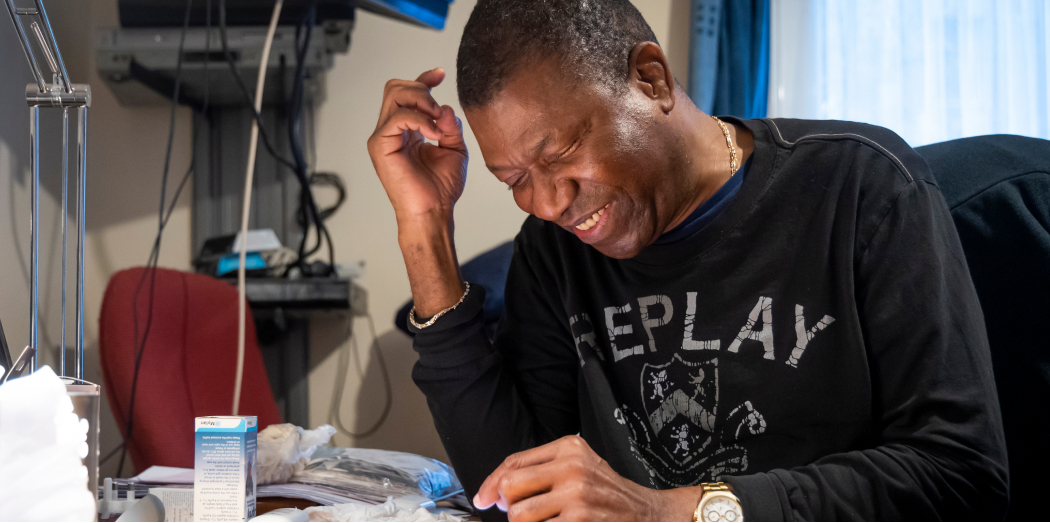The IMPACT Hamilton study – Investigating mobility and participation among older Hamiltonians during COVID-19: A longitudinal tele-survey
2020 LCMA COVID-19 Catalyst Grant
The recent emergence of coronavirus of 2019 (COVID-19) has caused a pandemic with enormous economic, health and social challenges world-wide. The group most vulnerable to COVID-19 are older adults and those with chronic underlying health conditions. Although older people tend to live alone and may engage less often in social gatherings, it is important to recognize that older adults may be disproportionally affected by the social distancing requirements due to the COVID-19 pandemic. In March 2020, the WHO reminded governments to support interventions to ensure older people have what they need in this pandemic to maintain their well-being. Such interventions should consider ways to maintain social connectivity with families and friends, how to get help for everyday needs, and recommendations on how to maintain mental and physical health during the isolation period. Thus, a survey was developed to understand the short- and medium-term impact of COVID-19 and social and physical distancing on the mobility and participation of community-dwelling older adults. A total of 272 community-dwelling older Hamiltonians completed the full baseline survey. Preliminary analysis of baseline data is underway with 3-month follow-ups being completed with participants. The 6-month follow-ups will be completed by February 2021.
“Our MIRA/Labarge funding will provide unique insights into how older adults have been coping with social distancing measures across time. The survey results will inform recommendations on how older adults can stay healthy and mobile in their home and community in these types of circumstances where social distancing remains an ongoing challenge. Information gleaned from this study will also be critical for informing other ongoing major research initiatives in aging, in which understanding the impact of the pandemic on the mobility of older adults will be invaluable for guiding changes to study designs and protocols in order to account for these effects.” — Marla Beauchamp






